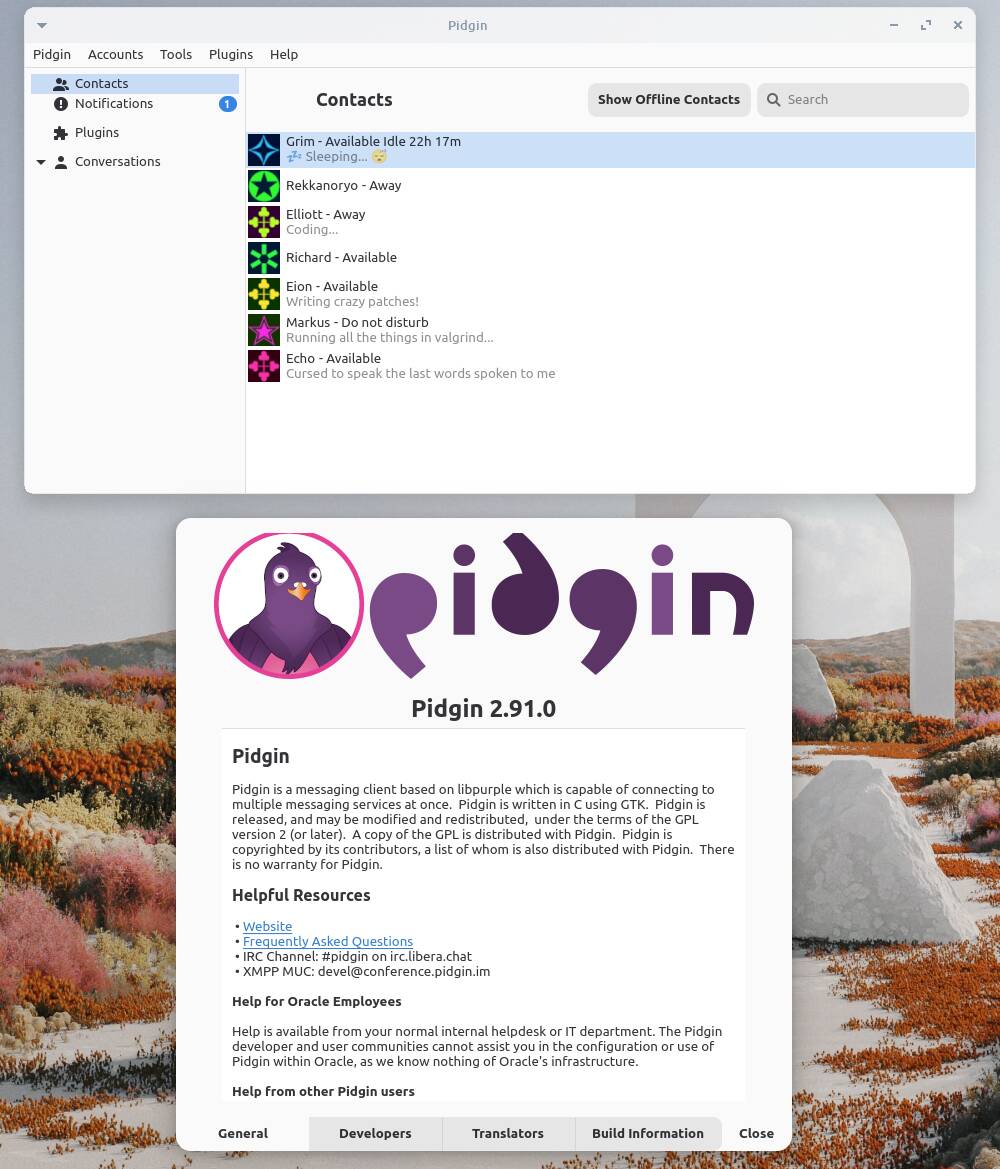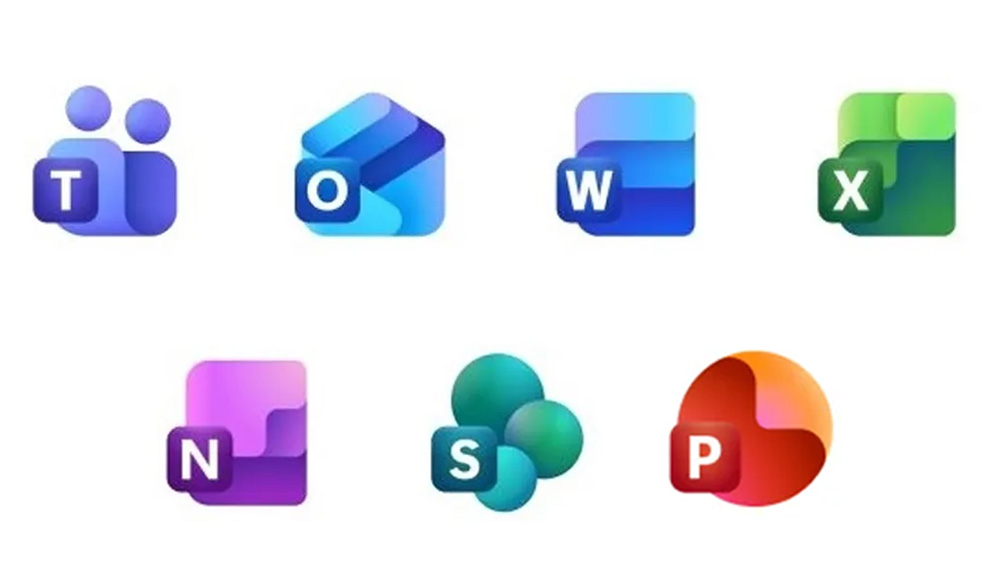Pidgin 3: The Resilient Native Chat Client's Journey Towards a Major Update

In the fast-evolving landscape of communication technology throughout the 2020s, it's easy to overlook the existence of a native chat client. Yet, amidst the myriad of trendy web apps, a few stalwarts persist, proving their lasting value. One such example is Pidgin, a multiprotocol chat client that has undergone an impressive evolution since its inception as GAIM.
Pidgin remains a relevant player in the field, and it continues to support a surprising number of messaging protocols, with the highly anticipated Pidgin 3 on the horizon. This new version has been in development for approximately 16 years, reflecting a dedication to maintaining a robust chat platform for its users.
Project lead Gary Kramlich announced the upcoming version last November, sparking excitement among its user base. Following this announcement, the first preview release, designated as version 2.90, was made available on January 1, 2025. Just recently, at the beginning of this month, the second preview release, numbered 2.91, was rolled out, showcasing further advancements in the development.
While Pidgin 3 is approaching its release, it remains a work in progress. Currently, it does not yet support a wide array of protocols, but the development team is actively working towards enhancing its functionality.
To understand the significance of native chat clients like Pidgin, it's crucial to explore the broader context of communication technology today. Most modern chat services are predominantly web applications, essentially composed of JavaScript code that operates on your device while your messages are stored in the cloud. This arrangement raises concerns about data ownership and privacy, as users often do not maintain control over their conversations. Additionally, the JavaScript in these applications is frequently minified and obscured, making it difficult to verify security or functionality.
For many organizations, discussions held in chat channels form a vital part of their knowledge base. Organizations may want to archive, index, and search these conversations for future reference. Unfortunately, if services are tied to Software as a Service (SaaS) platforms, users are often limited in their ability to manage this data effectively.
While numerous web-based multiprotocol clients exist, we've previously highlighted some like Ferdium, which has become a staple for those requiring such functionality. However, these applications come with distinct drawbacks, including a disjointed user interface across different tabs and a high demand for system resources, particularly for users with 8GB of RAM or less. Moreover, the underlying issue remains: messages are still stored in the cloud, leaving users vulnerable to the whims of the service provider.
Contrastingly, Pidgin stands as a native multiprotocol chat client, meaning it is not web-based. Originally developed as a GNU client for AOL Instant Messenger (AIM), it was initially named GAIM. Over time, Pidgin expanded its capabilities, incorporating support for various proprietary services like Skype and Facebook Messenger, as well as open-standard platforms such as Jabber and IRC. The 2007 release of version 2.0 saw a rebranding from GAIM to Pidgin, marking a new chapter in its evolution.
Even today, Pidgin 2 remains actively maintained, with the release of version 2.14 in 2020 followed by 13 additional minor updates. This version boasts an impressive selection of plugins239 of which are deemed "trusted"and many more third-party options, including support for 65 additional protocols. This versatility allows Pidgin to communicate with a wide array of platforms, from Amazon Chime to Discord and WhatsApp.
Furthermore, Pidgin's extensive communication capabilities are accessible to other applications through its underlying communications layer, known as libpurple. Although many of these additional clients have fallen by the wayside due to the rise of web-based messaging, some alternatives like Fincha text-mode client for Linux usersand Adium, the macOS version, remain noteworthy.
Yet, despite its extensibility, Pidgin 2.x still contains in-tree protocols for AIM and other services that have long since vanished from the digital landscape. For the nostalgic, the Nina project has taken on the task of reviving such platforms as AIM, ICQ, Yahoo, and MSN. The removal of these outdated protocols from Pidgin would necessitate a complete rewrite, a significant undertaking that the development team is diligently working towards after years of gradual improvements.
As the development of Pidgin 3 continues, the importance of security cannot be overlooked. A vulnerability in message or protocol handlers could potentially allow malicious actors to execute harmful code remotely, threatening users' devices. While all software inevitably harbors bugs, including Pidgin, it is essential for the team to prioritize security in their updates.
The newest iteration of Pidgin, version 3, is set to utilize GTK4 natively. Currently, this early version supports IRCv3, marking an exciting first step in its development journey. With two releases already this year indicating a steady progression, users can look forward to what the future holds. For those eager to try it out, experimental builds are available via Flathub beta.























